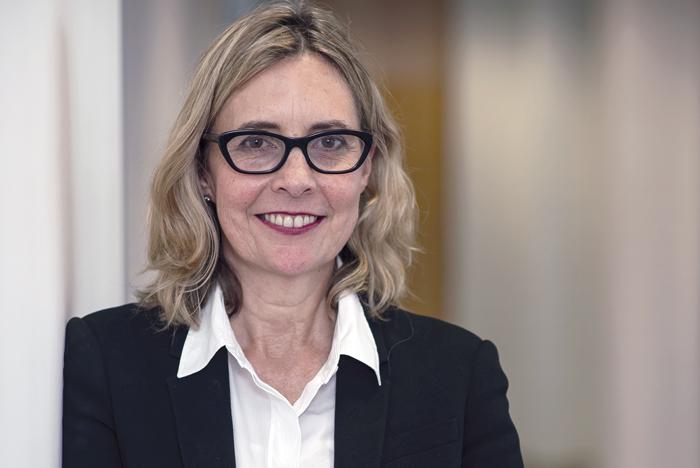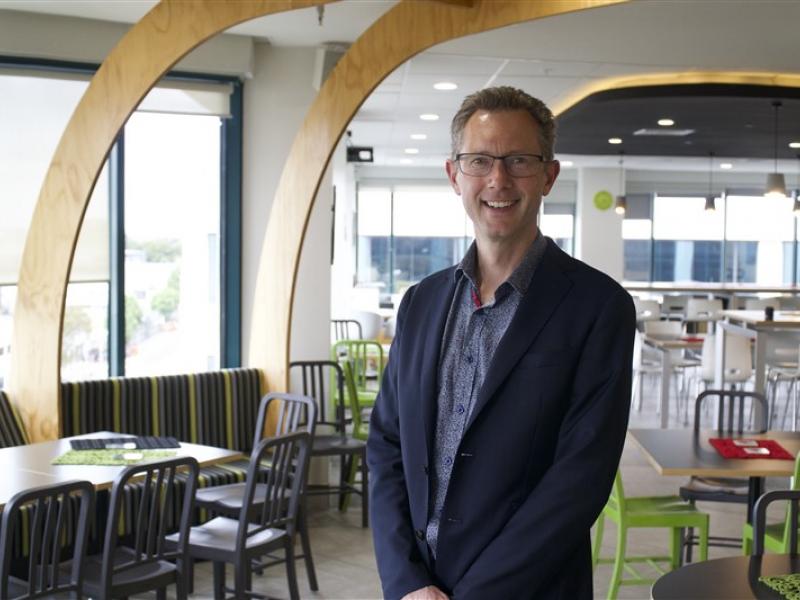By Susan Freeman-Greene, Chief Executive of Engineering New Zealand
When I started this job in Feb 2015, I was very aware of damage to engineers’ reputation wrought by the CTV Building tragedy. I knew that some members were unhappy with the way it had played out in the public domain and felt engineers’ professionalism had been tarnished. But I also knew that this tragedy could be a catalyst for change and a renewed focus on what it means to be professional. And I knew our Governing Board was serious about raising the bar for engineers.
Engineering New Zealand today is a very different organisation from the IPENZ that responded to the Canterbury earthquake sequence. The changes we’ve made reflect our members’ desire for us to stand up more strongly for professionalism and standards. Our credibility depends on this. Over the past few years our members have elected Board members who, over the past three years, have guided a massive process of change. At the heart of all our change is a new focus on what it means to be professional.
One of the reasons this role interested me is that as a lawyer, I am a professional. I understand what that means. For me it is about having an internal compass to calibrate my behaviour. It’s that sense of knowing in my gut that I’m doing the right thing, even when it’s hard – and equally that sense of unease when I do or see something out of kilter. But no one’s sense of professionalism is absolute. We measure it explicitly and implicitly against those around us – against what others are applauded for and what they get away with. Strong personalities or cultures can influence individuals if they don’t have a clear standard by which to measure themselves.
One of the roles of a professional body is to set those standards – and to make sure everyone knows what they are. And to respond appropriately when those standards are not met. That’s why regulation – whether self-regulation or government regulation – is always evolving. As we respond to events, we learn. We see how, retrospectively, regulation might have prevented them. In a healthy system, our learning informs regulatory change.
Since the CTV Building tragedy, we’ve done a huge amount of reflection about what happened. There were engineering failures. The report produced by Beca as part of the Police investigation makes that clear, as did the Royal Commission. And we also know that the public hasn’t seen engineers being held to account. We ran a complaints process against David Harding, the engineer who designed the building, that found he had breached what was then our Code of Ethics. But, in the meantime, Mr Harding resigned his membership, which meant we had no power to make any orders against him. His employer, Alan Reay, resigned his membership before a complaints process against him was complete, which meant that process was stopped.
We have closed the loophole that let members resign to avoid a complaints process. And in 2016, we released a new Code of Ethical Conduct that includes new obligations for members. Engineers have a new obligation to report potential adverse consequences for people’s health and safety and for the environment. This means that they must take action if they observe something of concern. For example, they see potential design flaws in a building under construction, or poor construction practices that threaten health and safety. And if an engineer suspects another engineer has significantly breached the Code, they must report this too.
The new Code makes expectations of engineers’ behaviour more explicit. The Code sets out engineering professionals’ duty to the public and to each other. It puts obligations on engineers that are above common law – obligations that are at the heart of professionalism. It makes explicit engineers’ obligation to keep their knowledge and skills up to date, and to treat others with respect and courtesy.
This year, we take another step, introducing a formal annual commitment to ethics and learning for all our members. Members will pledge to uphold the Code of Ethical Conduct and they will attest to having done 40 hours of continuing professional development in the previous year. This is a big change for us and it reflects members’ desire for us to raise the bar of what it means to be professional. Our members support these changes because they take their responsibilities seriously, and want to be accountable to these standards.
We have strengthened the Chartered Professional Engineer assessment process for structural engineers. This includes updating the technical guidelines that we assess engineers against, and more targeted and specific assessment of structural engineers.
We continue to look at the broader regulatory picture and how it needs to change. We think there is room to tighten regulation of work that intimately affects people’s health and safety. Engineering New Zealand is actively lobbying for task-based licencing of engineers for safety-critical work. This means restricting safety-critical design to engineers specifically licensed to do this work. We’d like to see this extend to other types of safety-critical engineering such as fire, geotechnical and food-process engineering as well as structural engineering.
Our new membership structure, which came into force on 1 October 2017, is designed to work with this kind of occupational regulation. It provides a clear pathway that caters for every stage of an engineer’s working life.
Some of you will read this and think “so what?” You’ll be focused on accountability for the CTV Building tragedy. Every day we are conscious of the grief and suffering that tragedy caused, and nothing we can do will ameliorate that. We work in that shadow. Today, from where I sit, the best thing we as a professional body can do to honour what we have learned is to pull every lever we have to stop it happening again. None of us are happy with how the accountability processes played out. But we can’t turn back time. We can only make sure our processes are strong and just, that we continue to lobby for more targeted government regulation of safety-critical work, and that our members work from a high bar of professionalism.






